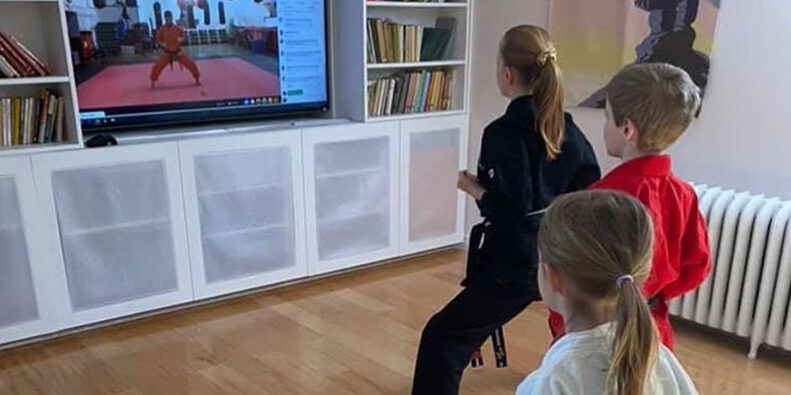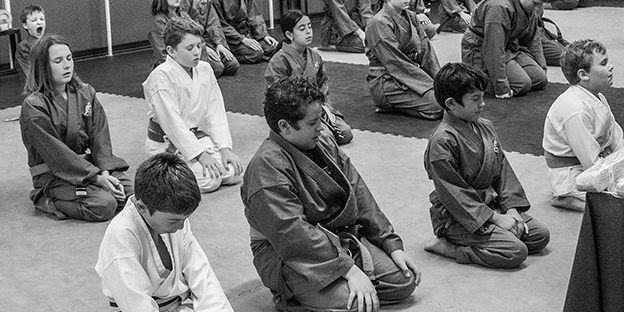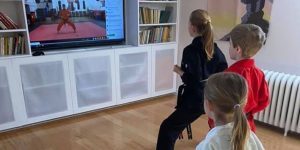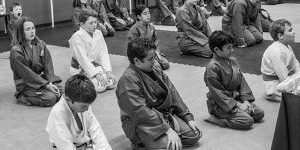5 Ways How Karate Can Impact Academic Success
“Karate isn’t just an artform, it’s a way of life.” – Unknown
Karate has the astounding ability to inflect lifelong skills, mindsets, and keys to success. All of which, help students grow in the dojo. However, this is also very impactful in a transferable sense for those in the classroom. Here are our top five benefits of karate for academic success in students.
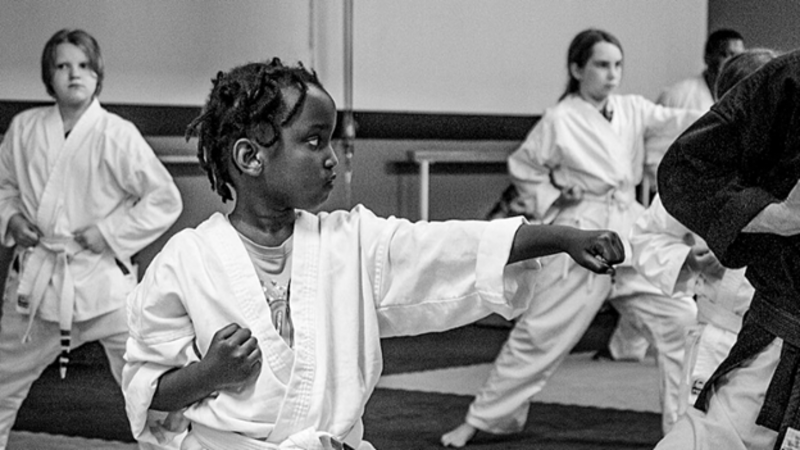
1. Karate Teaches That Hard Work Is Rewarded
It’s a safe assumption that almost every child comes to a point in their life where studying for a quiz or completing their nightly math sheet is not at the top of their priorities. If not proven, it is sometimes hard to comprehend that all the little work you put into learning can pay off in the end in the forms of knowledge and even grades. The same rings true with success in the dojo.
Mastering karate techniques stems heavily from practicing over and over. Progress may come at different times for everyone, but in the end, hard work is rewarded.
2. Karate Creates an Outlet for Stress and Anxiety Relief
Balancing the weight of school is something that can be stressful for students of all ages. Especially so, for those in high school having to deal with the added pressure of a heavier workload and planning for post-secondary. In this case, martial arts can impact academic success in a couple of different ways.
- Karate can act as an outlet for ‘blowing off steam’. For others, this can come in the form of things like playing video games or hiking. In the dojo, students are able to unplug, and disconnect while also connecting with their like-minded peers. With that, students have the added benefit of
- Naturally, through karate, breathing techniques are taught and encouraged in order for one to remain focused and maintain their kata. Performing breathing techniques is also an incredibly beneficial way to reduce one’s stress levels. It helps to increase the flow of oxygen to your brain, stimulates your nervous system, and creates a level of calmness.
With that, through the works of both, karate can impact academic success both physically and mentally.
3. Karate Inflects the Importance of Self-Confidence
New assignments, subjects, and lessons can sometimes be daunting. Children learn at different paces and they may not always align with the progress of their peers. In the dojo, confidence is built daily as students achieve their goals. Not only does this allow students to address new things with a positive mindset, but it also instills the feeling of accomplishment. This is a transferrable skill that when used in the classroom, can have a direct impact on one’s academic performance and success.
4. Karate Integrates Regular Excercise Into Student’s Lives
In-school time devoted to physical exercise is always great, but oftentimes, it isn’t enough. It is recommended that youth get one hour or more of physical exercise each day. There is said to be a key link between exercise and how one’s brain functions. Primarily, through its cognitive functions. Otherwise known as its intellectual activity. Incorporating a routine exercise plan such as weekly karate classes is a great way to hone into the mental benefits that physical movement brings. You can view our programs and class types here.
5. Karate Helps With Focus
In karate, a very important element is kata. Kata is a Japanese word that directly translates to ‘form’ or ‘direction’. However, in a much deeper sense, this refers to the fundamental movements of martial arts. Maintaining a proper practice of kata requires a deep level of concentration and focus. Something that typically can only be achieved with a calm mindset. With calmness comes focus, and with focus comes kata, which helps to maintain a clear and calm sense of mind. This is a mindset that tends to embed itself into one’s core and subconscious. With that, it affects how one addresses and carries out tasks. An element that is key in the classroom.
Please note this article is based on our own thoughts and has not been formally approved by a healthcare or fitness professional.



